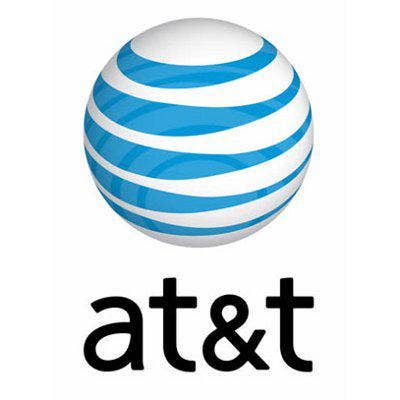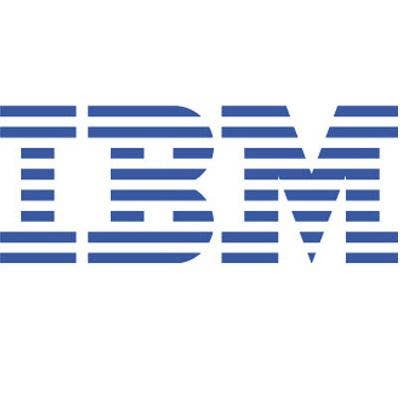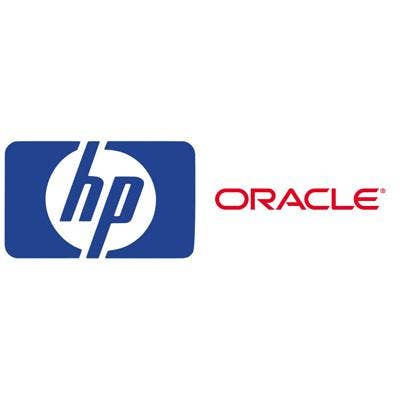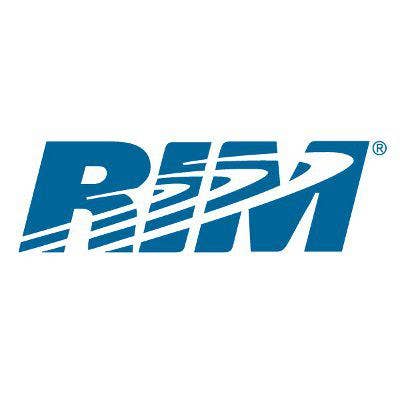Five Companies That Dropped The Ball This Week

AT&T Remains Coy About Windows Phone 7 'NoDo' Update
Microsoft and AT&T are the targets of Windows Phone 7 customer wrath this week as neither company seems to be willing, or able, to offer specific details on when the so-called 'NoDo' update will be available. The update isn't a crucial one, as it only adds copy and paste and other performance related tweaks, but customers see the lack of communication as an ominous sign of what’s to come.
To its credit, Microsoft launched a site this week that shows the status of the NoDo update for each of the Windows Phone 7 devices it's selling in the U.S. and abroad. However, the site is short on specifics and infuriatingly vague to customers who feel they're entitled to an unvarnished assessment of why they've yet to receive the update.
AT&T, meanwhile, has done nothing to appease Windows Phone 7 subscribers and seems to think that p0sting the same ambiguous statement in a Facebook thread full of angry customers constitutes good customer service.

IBM Pays $10 Million To Settle Bribery Charges
IBM this week agreed to pay $10 million to settle civil charges that it paid bribes to secure business in several Asian countries between 1998 and 2009, The Wall Street Journal reported this week. Regulators with the U.S. Securities and Exchange Commission accused IBM of the bribery, which included handing over shopping bags stuffed with cash in South Korea and arranging junkets for government officials in China in exchange for computer equipment contracts valued at millions of dollars, according to the report.
IBM didn't admit to any wrongdoing, so the whole thing may just be a big misunderstanding, right? [Cue cricket sounds].

RSA Mum On Impact Of SecureID Hack
RSA this week offered a carefully worded warning to customers of its SecurID two-factor authentication products in which the company said it had been the target of an attack using an Advance Persistent Threat, which generally targets information as opposed to being motivated by financial gains.
"While at this time we are confident that the information extracted does not enable a successful direct attack on any of our RSA SecurID customers, this information could potentially be used to reduce the effectiveness of a current two-factor authentication implementation as part of a broader attack," RSA Executive Chairman Art Coviello wrote in the letter detailing the attack on RSA's SecurID offering.
Since then, RSA hasn't exactly been forthcoming about what the impact on customers might be, and the company is taking heat for this from industry pundits. While RSA may provide additional clarity on the matter in the future, it hasn't done enough to answer some of the key questions.

HP and Oracle Slinging Mud Again
"Did not!" "Did too!" "You're an idiot!" "No I'm not, you are!"
This is the approximate level of discourse that transpired this week between divorced buddies Oracle and HP after the former announced, with a certain amount of hyperbole, that it was halting development of software that runs on Intel's Itanium server processors.
Oracle claimed that Intel is more focused on x86 architecture than Itanium. Intel quickly refuted this, and then HP waded into the fray. Dave Donatelli, executive vice president and general manager for HP's enterprise servers, storage and networking business, called the Oracle move part of a "pattern of anti-customer behavior" to shore up its "failing Sun server business" and a "shameless gambit to limit fair competition."
Oracle fired back, saying it had an obligation to give customers "adequate advanced notice when Oracle discontinues development on any software product or hardware platform."

Research In Motion Shares Hammered Due To Weak Q1 Outlook
Research In Motion's fourth quarter earnings, reported this week, were largely in line with Wall Street's expectations. However, RIM's guidance came in well short of analysts' expectations, and investors reacted in a way not dissimilar to having an ice cold bucket of Gatorade poured down their backs.
RIM shares dove 11 percent to $57.00 in the wake of the earnings report, as investors registered their disappointment with the Blackberry Torch's inability to put a significant dent in the high end smartphone market that Apple is currently treating as its own personal playground.
RIM and Apple have been slinging barbs back and forth recently, and Steve Jobs probably can't wait to do a tap dance on the Playbook once it hits the market next month, but the 'competition' is starting to look more like a rout.